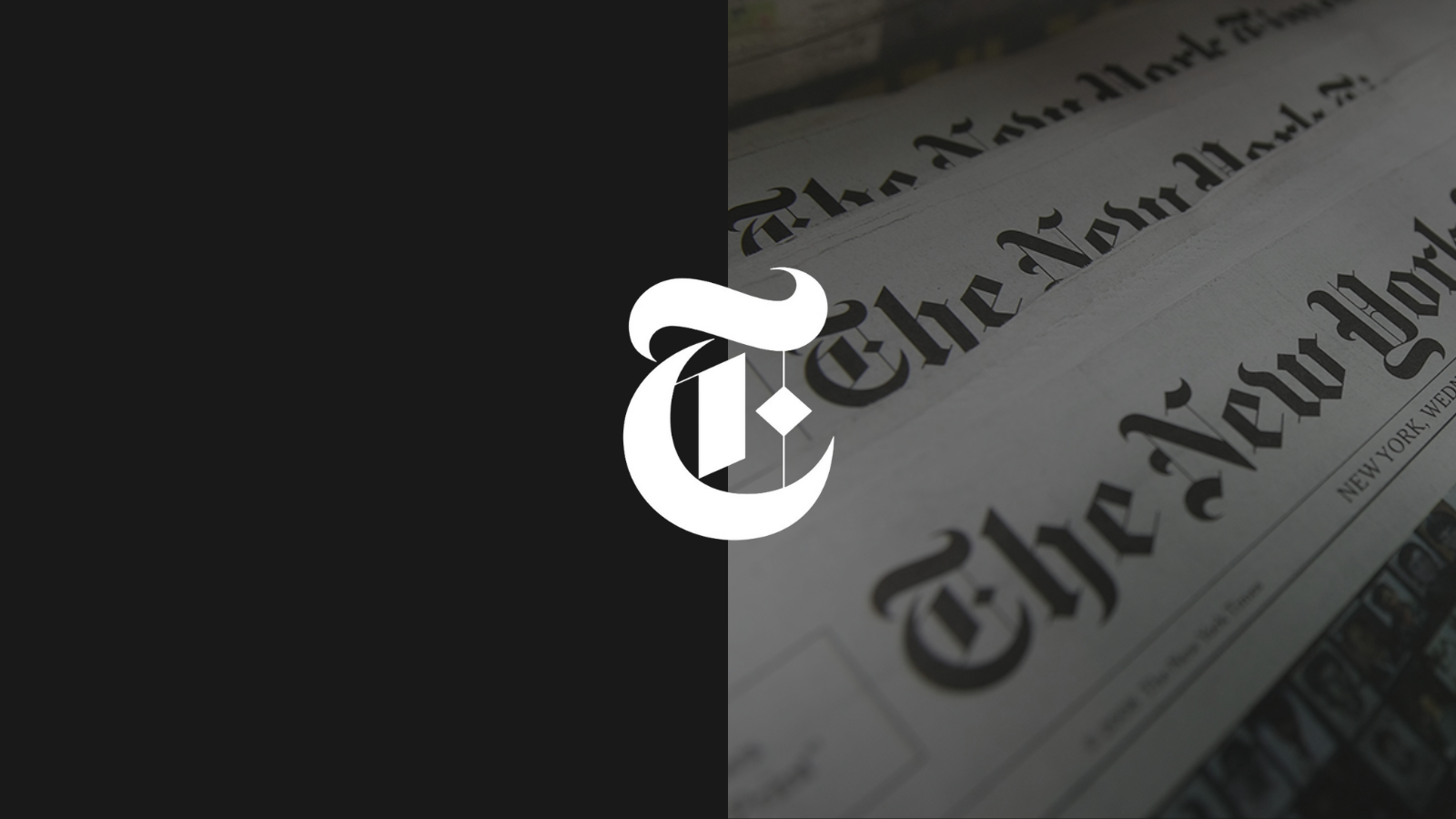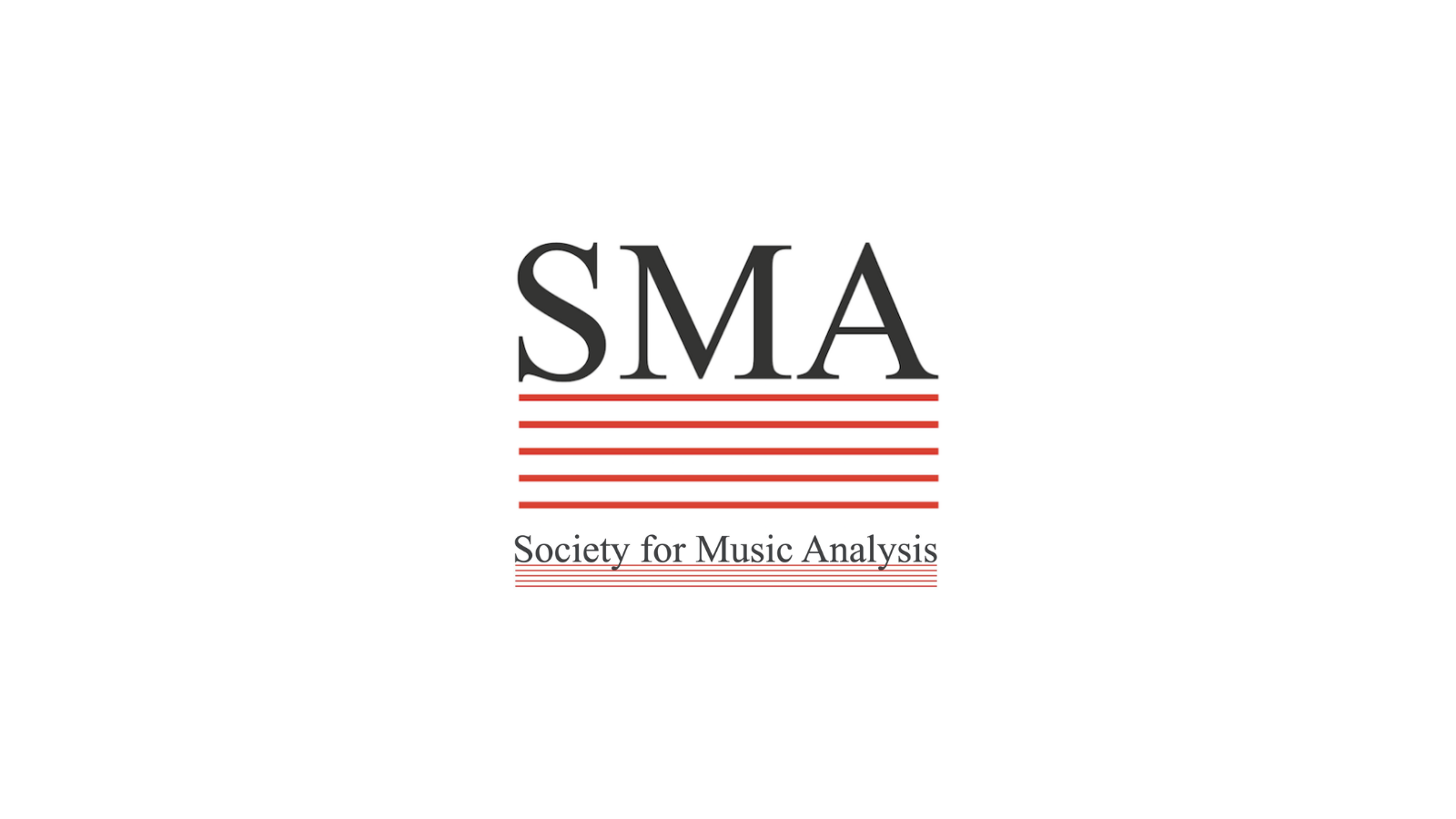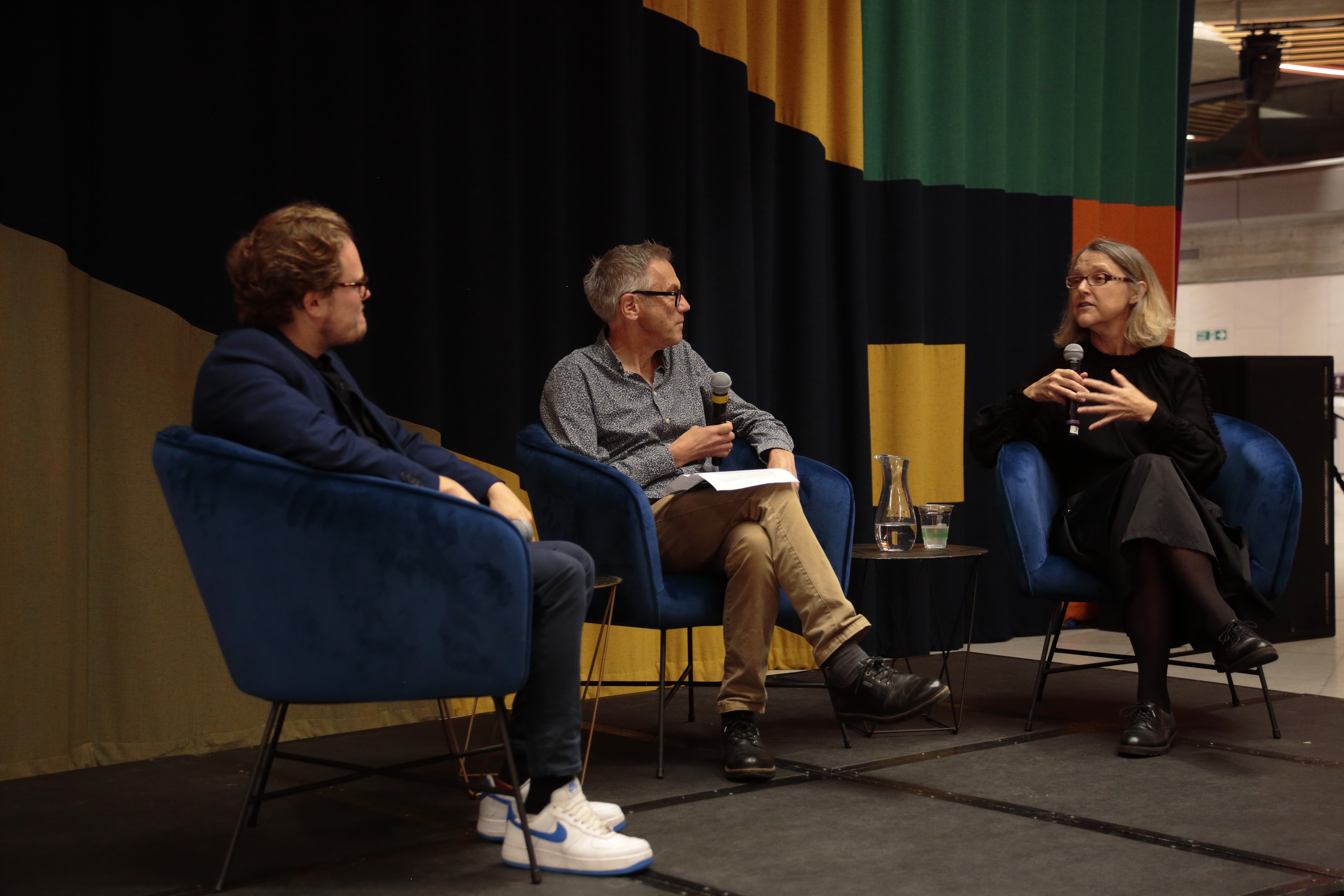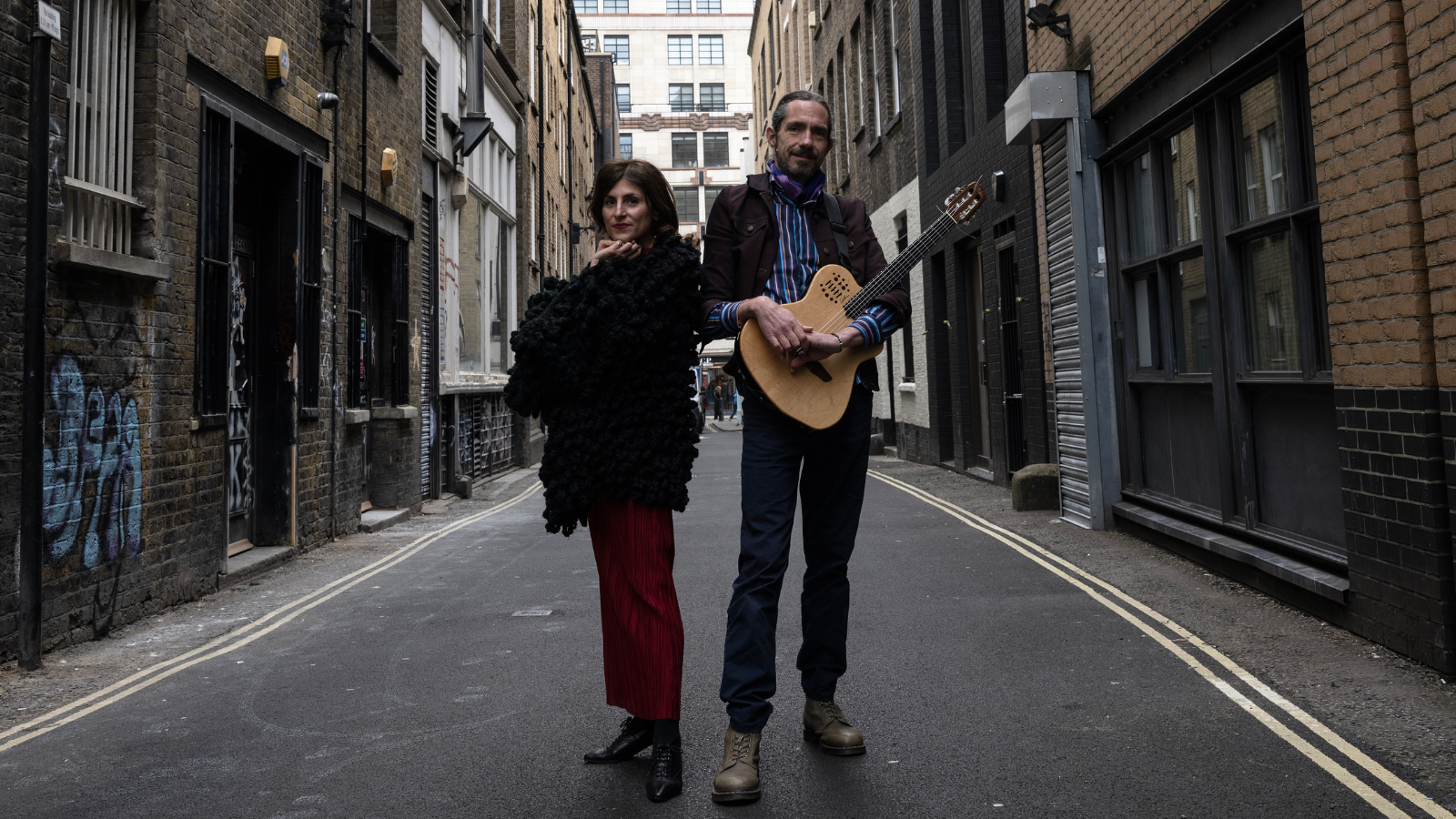As a pianist, composer, and technologist, Royal Holloway’s Senior Lecturer of Musical Performance and Digital Arts, has established a global reputation as an innovator of piano and live performance. Learn more about his latest project and the department’s other research areas.
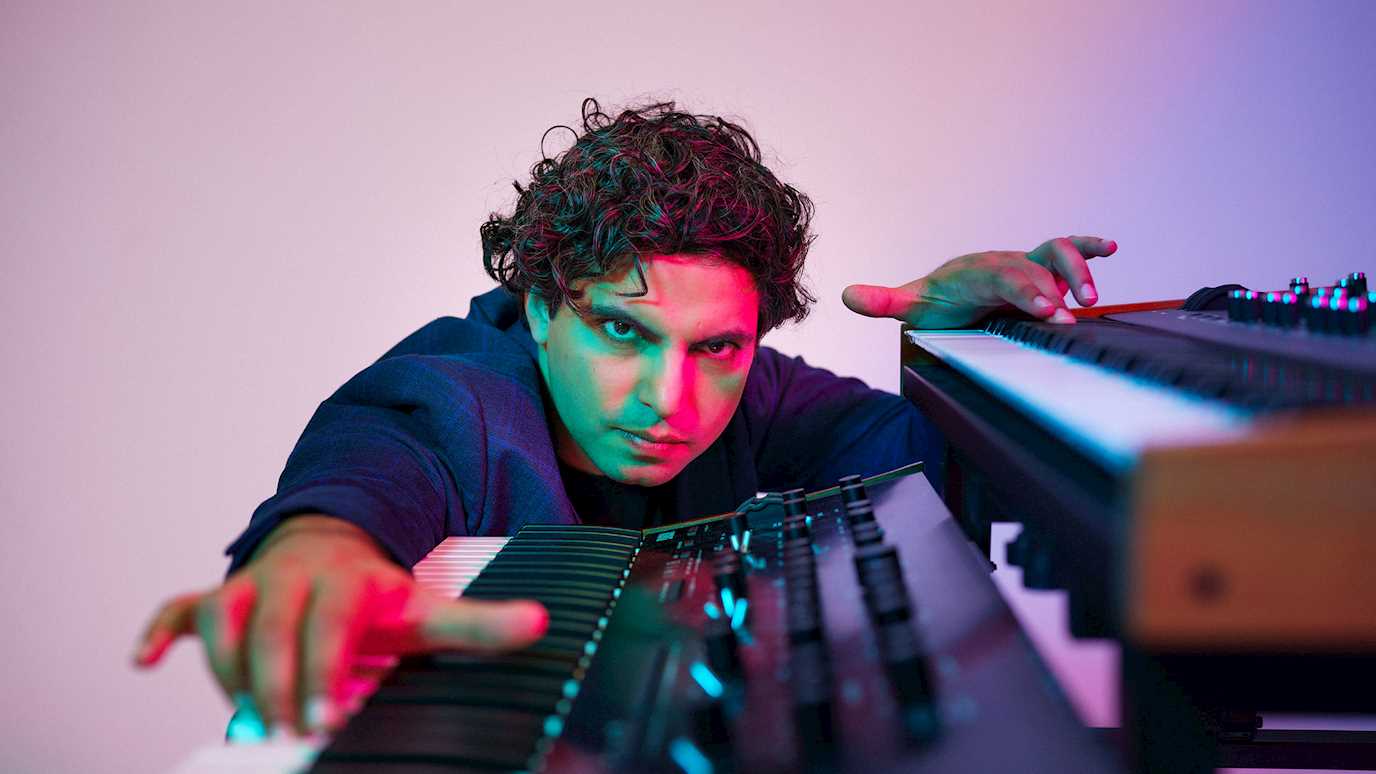
Photo by by Raphael Neal
When did you start experimenting with music performance?
I started learning the piano at an early age like many children do and later the clarinet and saxophone. Towards the end of secondary school, I had an inspiring teacher who was a pioneer of Australian contemporary music in the 1970s. He helped me realise my potential as a musician and ignited my passion for contemporary music.
When I was an undergraduate at the University of Sydney, I was a really active performer bringing compositions by staff and students to life. I also started to perform professionally with contemporary music ensembles around Australia. I went to the Royal Academy of Music to do my Masters and PhD and became further immersed in contemporary music, working with many leading composers and collaborating with lots of student composers on new works.
Following a job as a post-doctoral researcher at the University of Nice and IRCAM, I became a Leverhulme Early Career Fellow at Royal Holloway focusing on collaborations around new technologies. For the last 10 years, I’ve been extending the piano with electronics, video, and an ever-growing variety of new digital instruments and tools.
Tell me about your current project Cyborg Soloists?
Cyborg Soloists is a UKRI-funded Future Leaders Fellowship project that explores new interactions between musicians and digital technologies. It’s an interdisciplinary project, bringing together leading composers, performers, researchers, sound artists and industry partners to create new musical experiences.
We work with a range of digital technologies, from 3D motion sensors to new digital instruments and hybrid instruments that expand the piano to make it an electroacoustic instrument. We’re also working with video-based motion capture, new audiovisual software, biosensors, and AI. By connecting artists with technologists in these collaborative projects, we’re creating unique research that will inform the music and music technology industries.
I recently premiered a work, Steady State, using brain sensors to control music and video, and we’re continuing to discover and experiment with new techniques and technologies. I’m glad to say we have more than 20 industry partners now, including MiMU (glove sensors), WAVE AI (AI-generated music and lyrics) and ANT Neuro (brain sensors).
I’ve got some exciting projects coming up too, including performances of Cyborg Soloists works at festivals across Europe, and a concerto with Manchester Collective at the Southbank Centre.
What makes Royal Holloway a dynamic place for music performance and digital arts?
The Music Department is full of great researchers exploring diverse fields, and there’s now a critical mass of academic staff who are looking at music performance and digital arts from different perspectives.
You have artists who are also researchers like me, including Dr Nina Whiteman, Dr Tom Parkinson, Dr Tonia Ko, Dr Sam Fernando and Dr Nathan Dearden who are all doing amazing work combining performance, digital arts and public engagement using technologies in new ways. This gives students the opportunity to learn from musicians with industry experience, who are at the forefront of music and digital arts.
Our department also features staff who relate to performance and digital arts in other ways, like Dr Tim Summers, who is doing exciting work with music and video games. And Professor Julie Brown, who offers students fascinating historical perspectives on film music.
It’s a richly collaborative research and teaching environment. We work with multiple departments from drama to media arts, engineering and psychology. We also work with various external partners from the performing arts, media and music technology industries, so that students have access to a wide network of expertise within and outside the university.
I’m very excited about CoSTAR, a UK government-funded creative R&D project supporting the future of filmmaking and audiovisual performance which gives students access to amazing facilities, including a new virtual production studio. We’ve also just opened a brand-new recording studio on campus at Engineers Cottage, with state-of-the-art studio gear.
Students have the flexibility to select subjects across musical disciplines – from modules in electronic composition, to performing in chamber groups and bands, or pop music analysis.
The range of opportunities, combined with our facilities and global expertise across the department, make it a great place to study music and digital arts.
Ready for Clearing? Find out more to secure a spot this September on one of our Music, Performance and Creative Arts courses.

Zubin Kanga will be performing at the Southbank Centre, London, on 12 October. Discover more research from the Music Department
Contact us to find out more about future collaboration opportunities with Royal Holloway:
Business and industry or email knowledgeexchange@royalholloway.ac.uk










